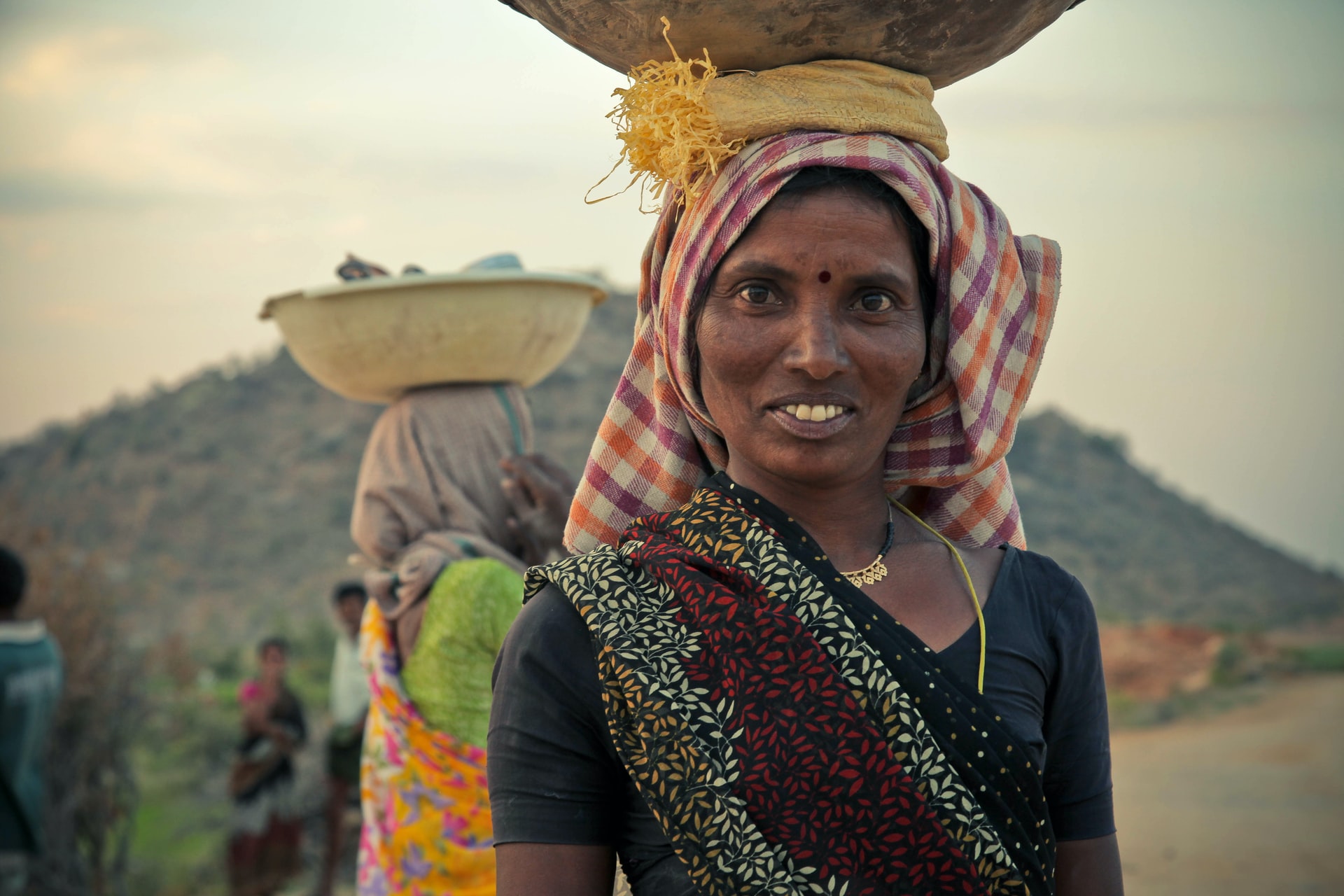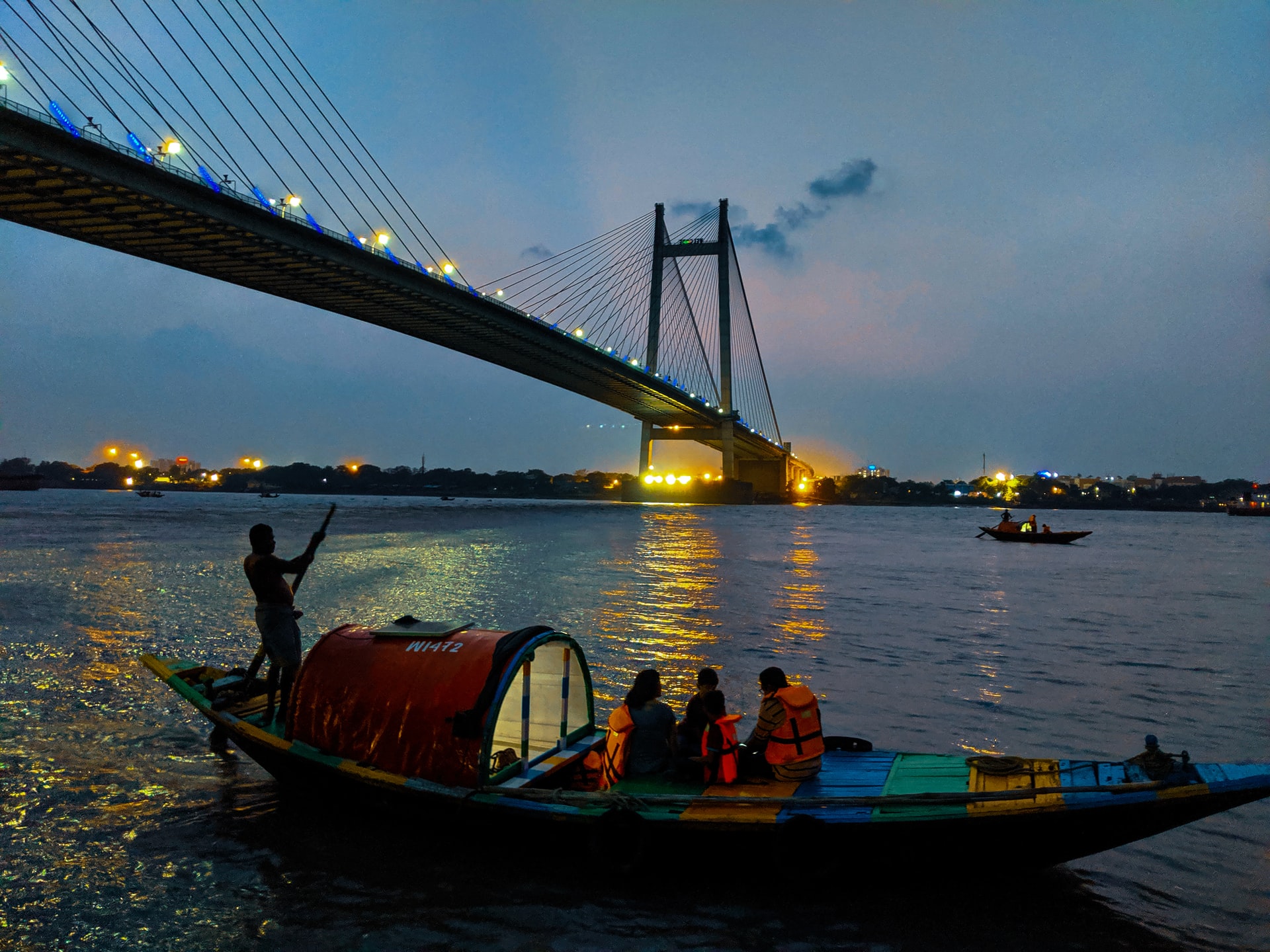This is the second article in the series to discuss about the English Authors. In these series, only those questions are discussed in which aspirant needs to identify the author from the statement of question.
Read More: Notes for English NET [Authors & their works]
In this post, we will share about the analysis of UGC-NET examinations for year 2017 & 2018. Literature is vast but Mridultulika analysis stated that percentage of repetition [Only Authors] was more than 16% for the year 2015 & 2016. This data is boon to focus on certain authors important from NET point of view.
English Authors: NET Examinations Notes
- The Defense of Lucknow [Poem] that was written on Siege of Lucknow in Indian Mutiny – authored by Alfred Lord Tennyson.
- Roman Jakobson holds that Metaphor and Metonymy are 2 fundamental structure of a language.
- Virginia Woolf dismissed Ulysses as ‘A Misfire’.
- Thomas Rhymer devices the term ‘Poetic Justice’.
- Miles Coverdale is the producer of first complete printed English Bible.
- Dante Gabriel Rossetti founded Pre-Raphaelite Brotherhood which include Holman Hunt & John Millais.
- The quote ‘Only Connect’ is associated with E.M. Forster.
- Plato has a bearing on the composition of Shelley ‘Adonais’.
- John Locke is connected with Two Treatise on Government, William Dampier is connected with Voyages, Jeremy Collier is connected with A short View of Immortality & Profanity of Stage and Thomas Rhymer is connected with A Short View on Tragedy.
These 9 author based questions came in January 2017 UGC-NET examination. Rate of asking author through their works, quotations, groups etc is 18%. There are 27 keywords in above questions [Bold Letters].
Analysis
- ‘All modern American literature comes from one book by Mark Twain ‘Hucleberry Finn” – this quote was given by Ernest Hemingway.
- Poetic Genre Emblem was popularized by Francis Quartes (1635).
- This remark is present in the biography of Abraham Cowley written by Samuel Johnson. “About the beginning of the 17th century appeared a race of writers that may be termed as Metaphysical Poets.”
- This excerpt is from the poem of William Blake – “To see a world in a grain of sand/ And a heaven in a wild flower.”
- Cleanth Brookes was a New Critic forward the idea of ‘Heresy of Paraphrase’.
- John Dryden refer Ben Johnson as ‘The most learned and judicious writer which any theater ever had”, in his essay on Dramatic Poesy.
- Judith Wright [Australian] first poetry book was published in 1976 and in 1962, she was the co-founder & president of wild life preservation society of Queensland.
- Robert Bridges published first edition of G.M. Hopkins poems in 1918.
- Sexual Politics is related to Kate Millet, A Literature of their Own was related to Elaine Showalter, Thinking about Women is related to Mary Ellman and The Laugh of Medusa by Helene Cixous.
- Steps to the Temple was written by Richard Crashaw.
These 10 author based questions came in November 2017 UGC-NET examination. Rate of asking author through their works, quotations, groups etc is 20%. There are 25 keywords in above questions [Bold Letters].
Analysis
- ‘In memorial Verses’, Matthew Arnold pays tribute to Goethe, Shakespeare and Byron.
- Harold Pinter wrote screenplays on novels like Margaret Atawood ‘Handmaid’s Tale’.
- Oliver Goldsmith is the author of Account of Augustan Age in England [1759].
- Lytton Strachey‘s Eminent Victorian carry biographical sketches of Cardinal Manning, Florence Nigtingle, Thomas Arnold and General Gordon.
- Jean Baudrillard proposed that first Gulf War had never taken place, it was a media generated spectacle.
- Roy Fuller was not identified with Movement of 1950s England. Kingsley Amis, Philip Larkin, Donald Dave were the part of this movement.
- “I’d rather be suckled by an outworn pagan than get my horn wretched in an old Triton” – following is an excerpt from William Wordsworth‘s The World is Too Much With Us.
- “Where shall I turn, divided to the vein? / I Who have cursed – / The drunken officer of British Rule, How choose this Africa and the English Tone I love.” – Following is written by Derek Walcott.
- Author of famous 2 papers, The Intentional Fallacy and Affective Fallacy was Monroe C. Beardley and William K. Wimsatt Jr.
- Philip Larkin‘s Sad Steps is taken from Philip Sidney‘s ‘Astrophil and Stella.
- “Bliss was it in that dawn to be alive / but to be young was very heaven.” – It was taken from William Wordsworth‘s The French Revolution.
- C.S. Pierce and Ferdinand de Saussure developed Semiotics.
- Gillian Albright was not among the translators of Oxford India Premchand.
- “The Wandering Jew’s Soliloquy” was written by Shelley.
- W.B. Yeats collaborated with Purohit Swamy in translating 3 principal Upanishads in English.
- ‘These images are marked by glittering accumulation of ungraceful ornament…….’ -through these lines Samuel Johnson refers to Thomas Grey.
- Maud Bodkin was not a Reader Response Critic.
- Following authors are related to these works –
| Name of the Author | Name of the Work |
| Ezekiel | Poet, Lover, Birdwatcher |
| Ramanujan | Small Scale Reflection on a Great Love |
| Toru Dutt | Our Casuarina Tree |
| Jayanta Mahapatra | Sunset at Puri |
These 17 author based questions came in July 2018 UGC-NET examination. Rate of asking author through their works, quotations, groups etc is 17%. There are 56 keywords in above questions [Bold Letters]. In this year 100 questions were asked in paper II.
Analysis
- Gerrard Winstanley is associated with Agrarian Communists (1649-50). A term ‘Digger’ was also associated with him.
- Francis Jeffrey viewed Wordsworth, Southey & Coleridge as ‘Representative of sect of poets dissenters from established system in poetry & criticism’.
- The Pylons was written by Stephan Spender.
- Horace prescribed that poetry should both instruct and delight.
- Fireside Poets were W.C. Byrant, H.W. Longfellow and O.W. Holmes.
- Scottish Chaucerians were Robert Henryson and William Dunbar.
- ‘On the knocking at the gate in Macbeth’ – is an essay by Thomas de Quincey.
- Samuel Johnson’s ‘London & the vanity of Human Wishes‘ is the imitation of Juvenal.
- ‘Search the heads of the greatest river …………………… bubbles of water’ – is a quote by John Webster.
- Sappho name is directly mention in Byron‘s poem ‘The Isles of Greece‘.
- John Clare and Robert Burns exemplified the role of Peasant Poet.
- ‘Get stewed – books are aloud of crap’ – is the quote by Philip Larkin.
- ‘In yonder gave a druid lies’ – through these lines William Collins laments the death of James Thompson.
- Author and their works –
| Name of the Author | Name of the Work |
| George Puttenham | The Art of English Poesy |
| Thomas Sprat | The History of Royal Society. |
| Lewis Bayly | The Practice of Piety |
| Thomas Hobbes | Leviathan |
15. Author and their works –
| Name of the Author | Name of the Work |
| C.B. Divakaruni | Sister of my Heart |
| Anita Rau Badami | The Hero’s Walk |
| Anjana Appachana | Listening Now |
| Indira Ganesan | Inheritance |
16. Theories and Author Name –
| Name of the Author | Name of the Work |
| Negritude | Aimé Césaire |
| Womanism | Alice Walker |
| Interpellation | Public Sphere |
17. Author and their works –
| Name of the Author | Name of the Work |
| Alan Patron | Cry, The Beloved Country |
| Nagugi Thiong | A Gram of Wheat |
| Teju Cole | Open City |
| Wole Soyinka | The Interpreters |
These 17 author based questions came in December 2018 UGC-NET examination. Rate of asking author through their works, quotations, groups etc is 17%. There are 61 keywords in above questions [Bold Letters]. In this year 100 questions were asked in paper II.
Analysis
Analysis of 2015 & 2016 NET Examination
| Sr. | Topic | Analytical Report |
| 1 | Rate of asking author name through their works or any other associations in Paper II | 17.66% |
| 2 | Total Unique Keyword | 161 |
| 3 | Number of Unique authors asked in Paper II | 95 |
| 4 | Number of literary works asked in Paper II | 52 |
| 5 | Repeated Keywords in Paper II | 9 |
| 6 | Percentage of Repetitions [Author Wise] | 9.47% |
| 7 | Percentage of Repetitions [Overall] | 5.59% |
| 8 | Number of authors asked through their association with any group name. | 6 |
| 9 | Number of authors asked through character name in their literary works | 4 |
| 10. | Number of question related to Literary Criticism | 3 |








